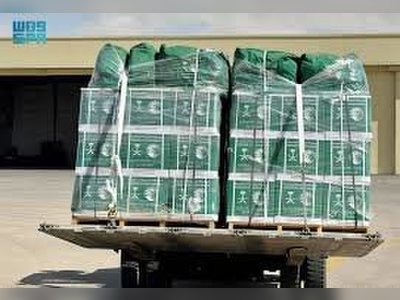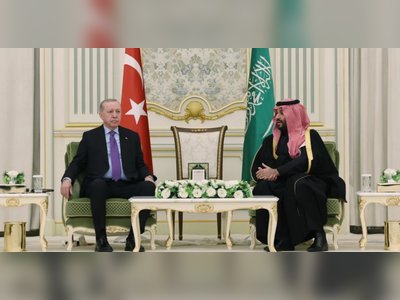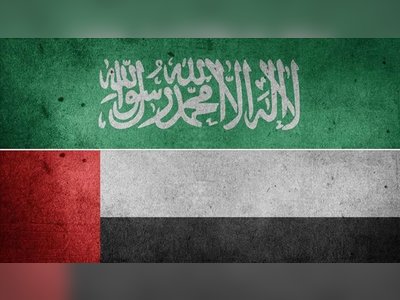Iran's Execution Stokes Diplomatic Fires; Global Tensions Rise as Aid Concerns, Mideast Strife, and U.S. Political Impact Intersect
Iran-Germany tensions rise over execution; global humanitarian aid in jeopardy amid Middle East conflicts.
The execution of Iranian-German national Jamshid Sharmahd by Iran has sparked diplomatic tensions, with German opposition leader Friedrich Merz calling for a strong response from Germany, such as expelling the Iranian ambassador.
Meanwhile, the Red Cross has urged increased protection for local humanitarian workers, who face rising violence, particularly in regions like the Middle East, Sudan, Ukraine, and Myanmar, as they often suffer in silence compared to international counterparts.
In a related development, the US State Department has warned Israel that restricted humanitarian aid due to military operations in Gaza might lead to a reevaluation of military aid, as about 100,000 people in Jabalia are stranded without essential supplies.
Germany, adding to the international dialogue, has criticized a new Israeli bill banning the UN agency for Palestinian refugees, UNRWA, from operating, warning that this could jeopardize humanitarian aid and peace efforts in the region.
On a hopeful note, Israel is negotiating with international mediators to secure a hostage deal with Hamas, amidst broader efforts for a ceasefire, as echoed by Egypt's suggestion for a truce and U.S. President Joe Biden's push to end hostilities.
Finally, in the political sphere, Arab Americans are emerging as pivotal swing voters in the Trump-Harris presidential race, with their concerns over the Israeli-Palestinian conflict and domestic issues likely influencing the electoral outcome in key swing states.
Meanwhile, the Red Cross has urged increased protection for local humanitarian workers, who face rising violence, particularly in regions like the Middle East, Sudan, Ukraine, and Myanmar, as they often suffer in silence compared to international counterparts.
In a related development, the US State Department has warned Israel that restricted humanitarian aid due to military operations in Gaza might lead to a reevaluation of military aid, as about 100,000 people in Jabalia are stranded without essential supplies.
Germany, adding to the international dialogue, has criticized a new Israeli bill banning the UN agency for Palestinian refugees, UNRWA, from operating, warning that this could jeopardize humanitarian aid and peace efforts in the region.
On a hopeful note, Israel is negotiating with international mediators to secure a hostage deal with Hamas, amidst broader efforts for a ceasefire, as echoed by Egypt's suggestion for a truce and U.S. President Joe Biden's push to end hostilities.
Finally, in the political sphere, Arab Americans are emerging as pivotal swing voters in the Trump-Harris presidential race, with their concerns over the Israeli-Palestinian conflict and domestic issues likely influencing the electoral outcome in key swing states.











